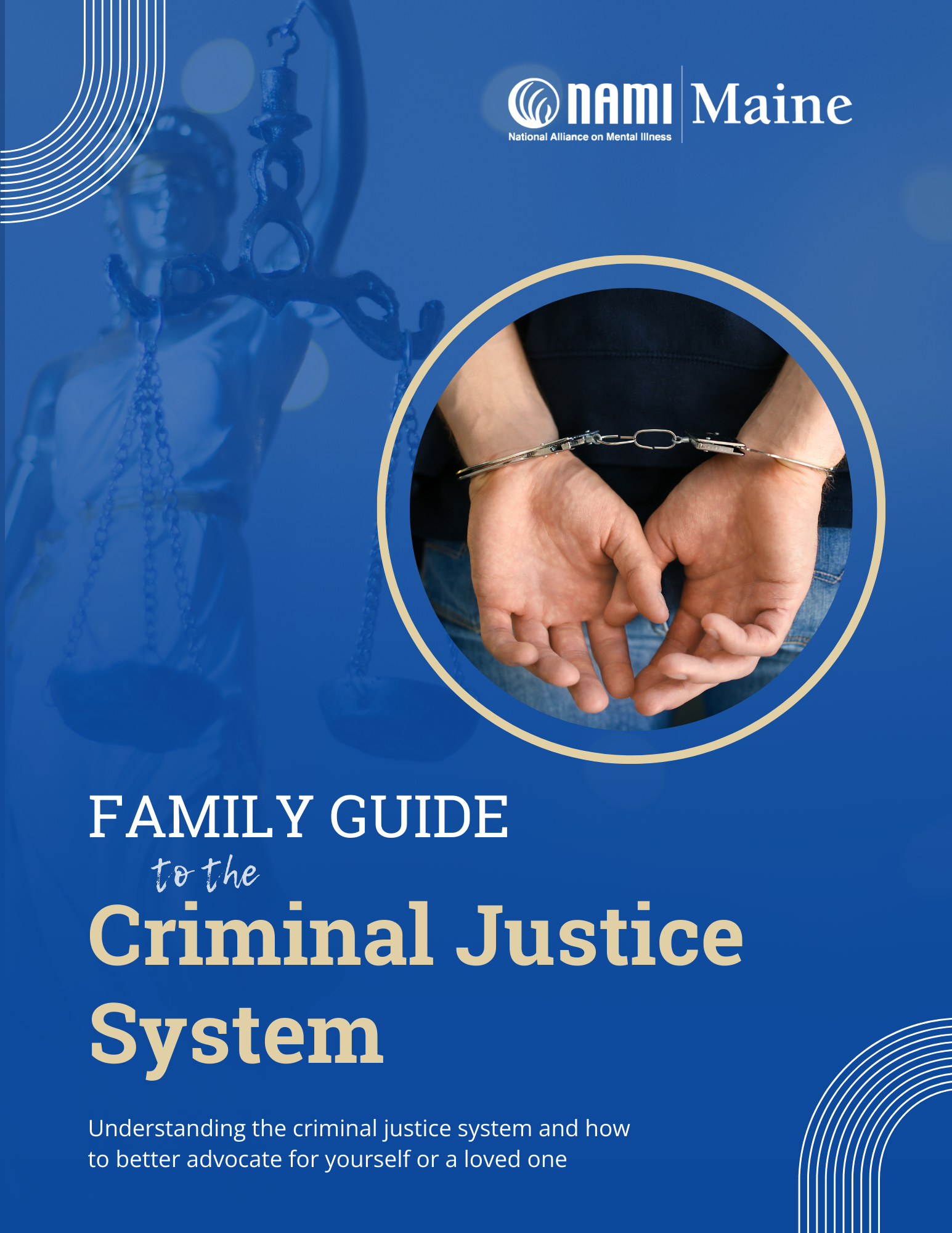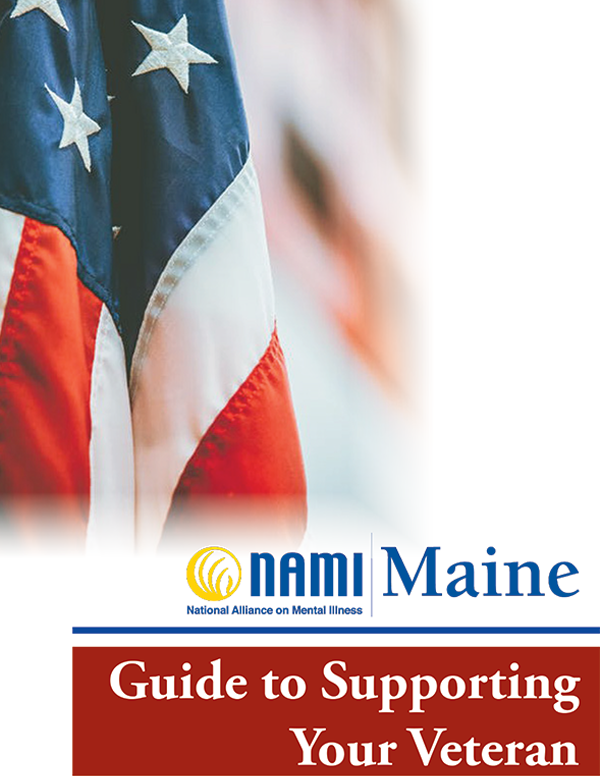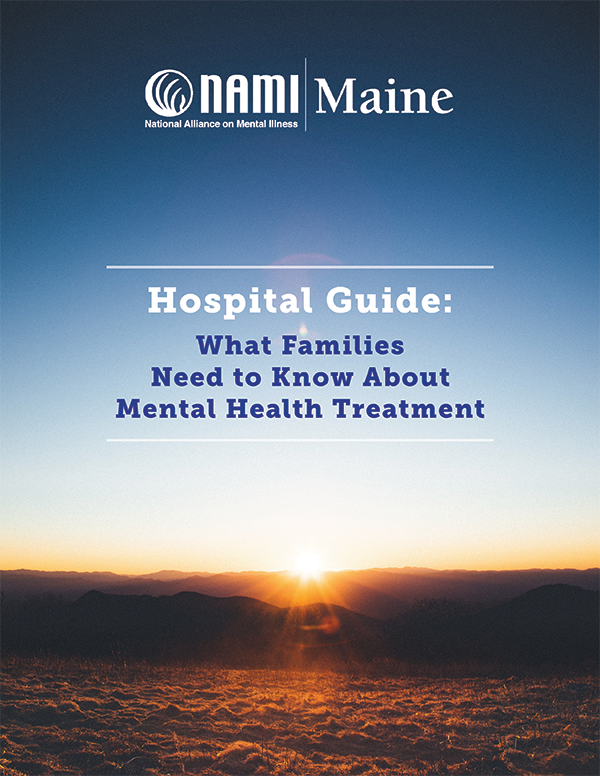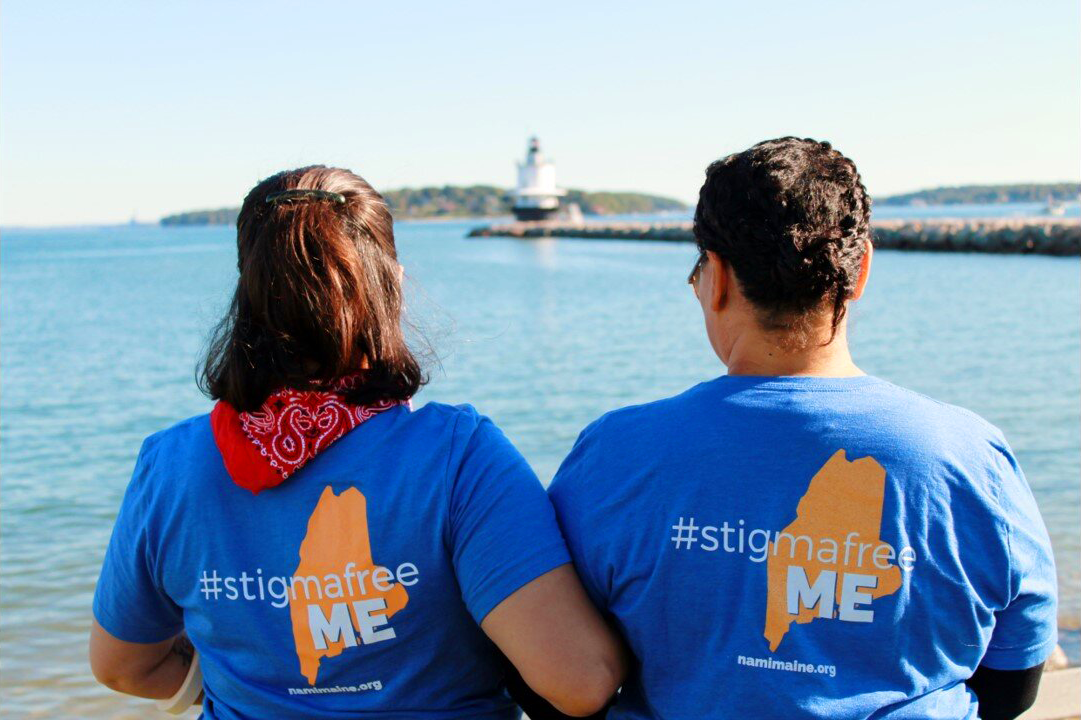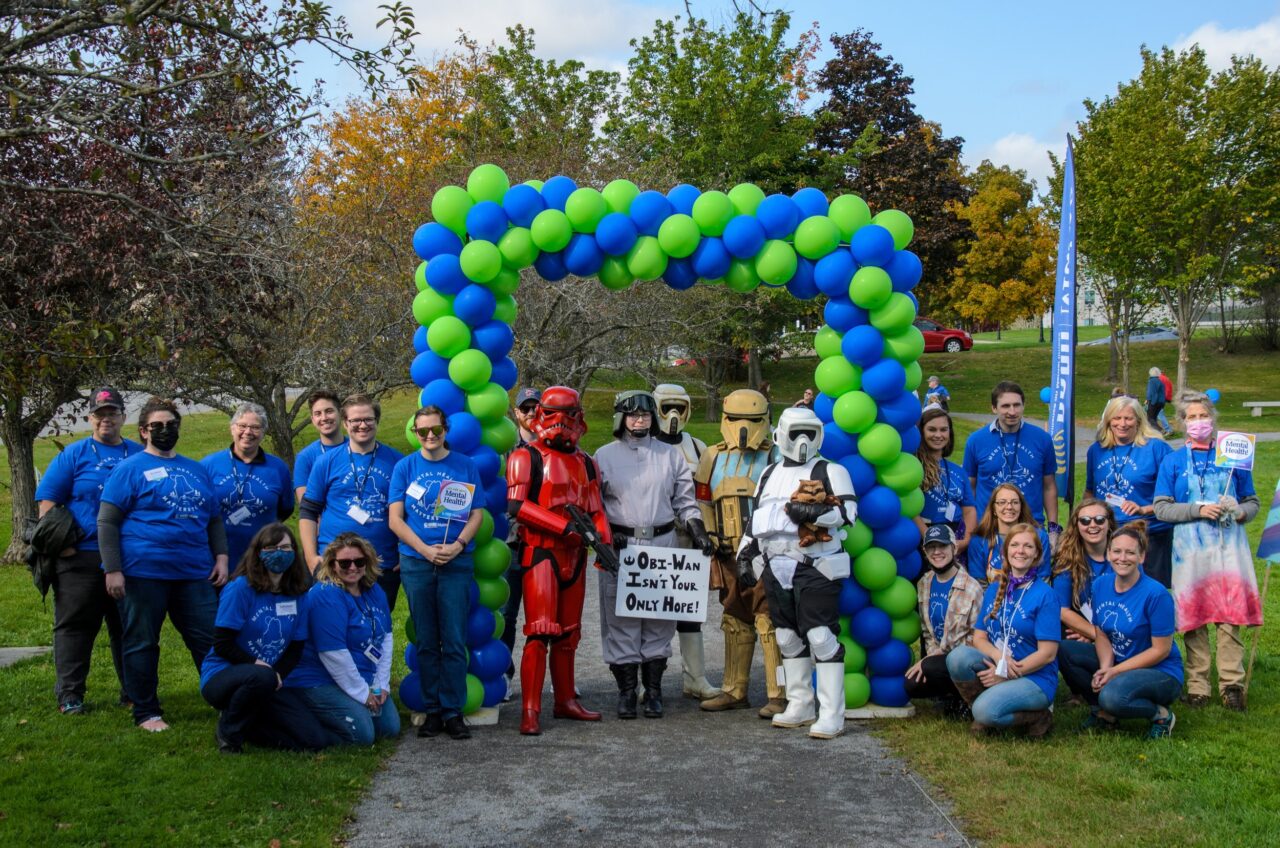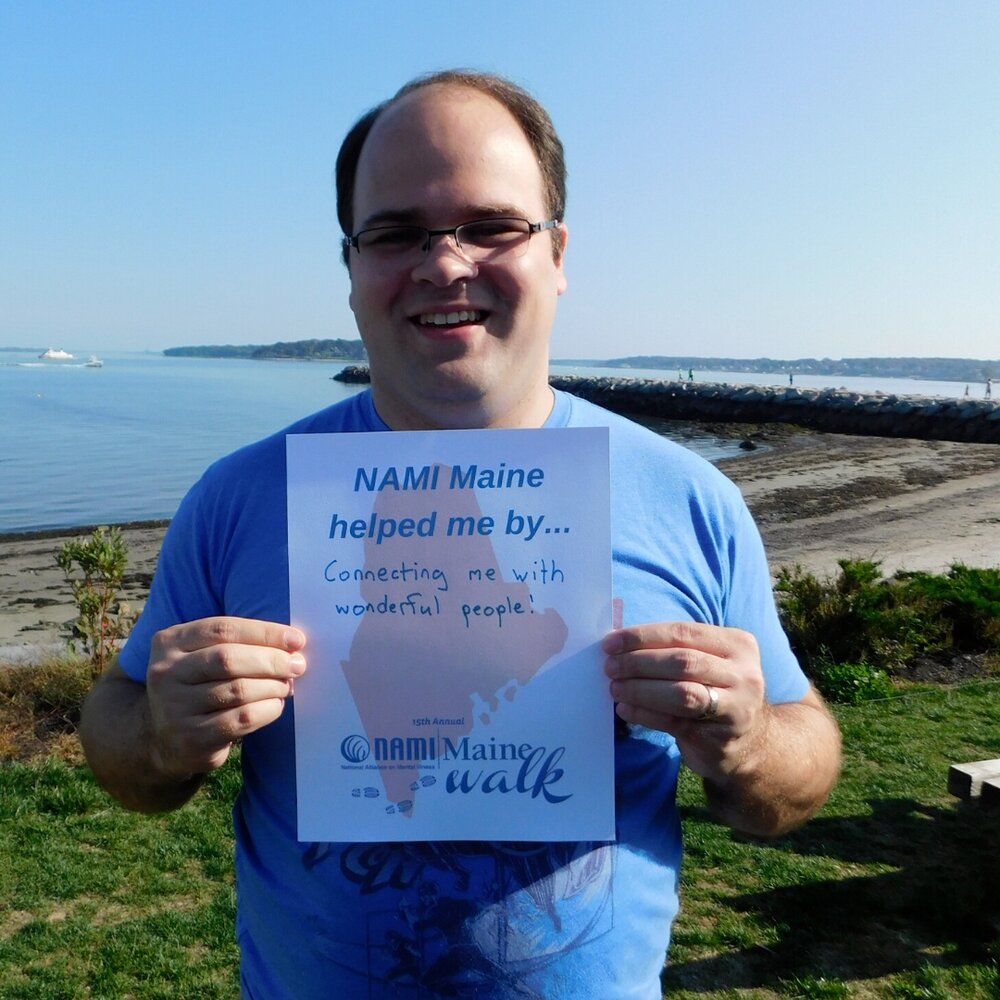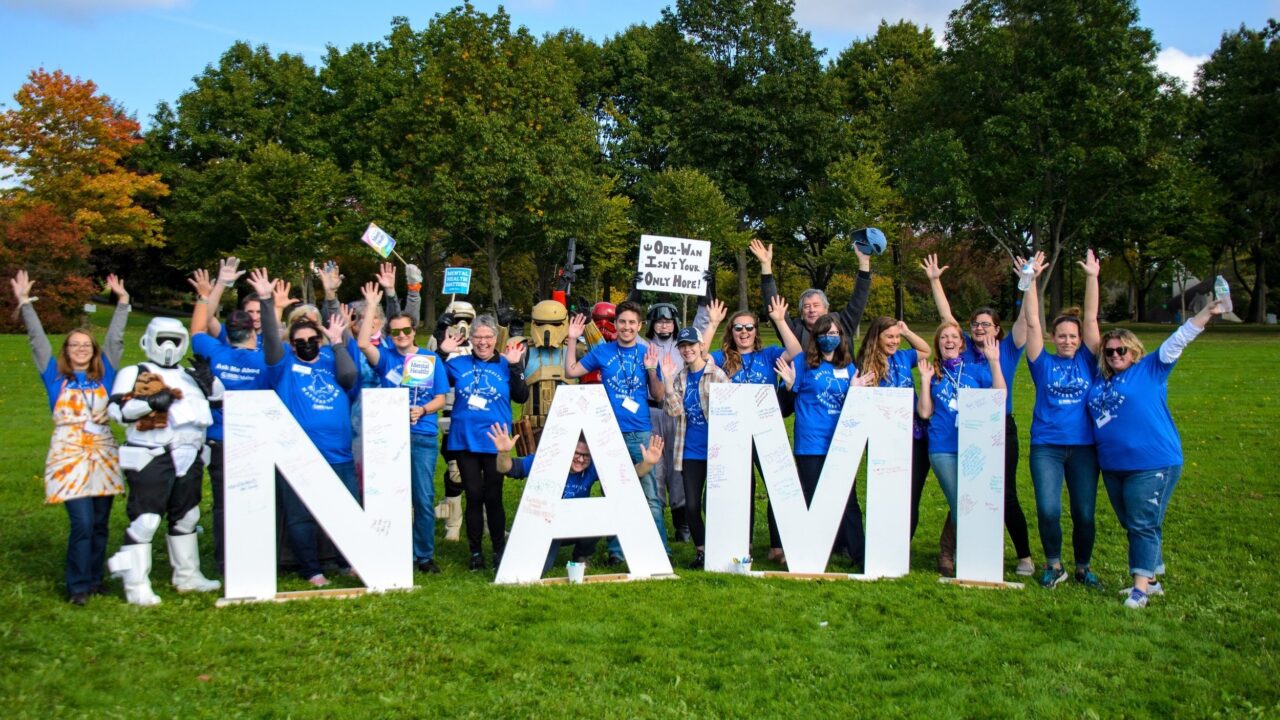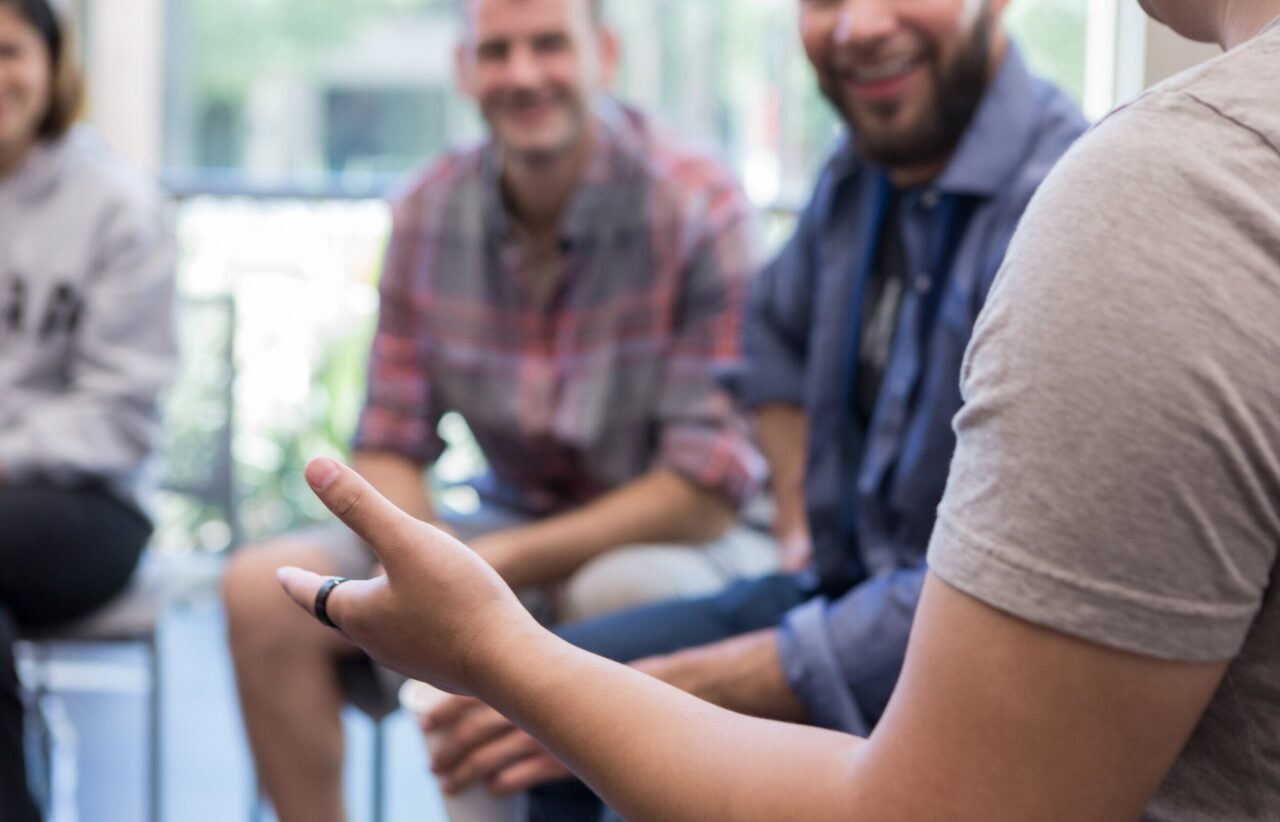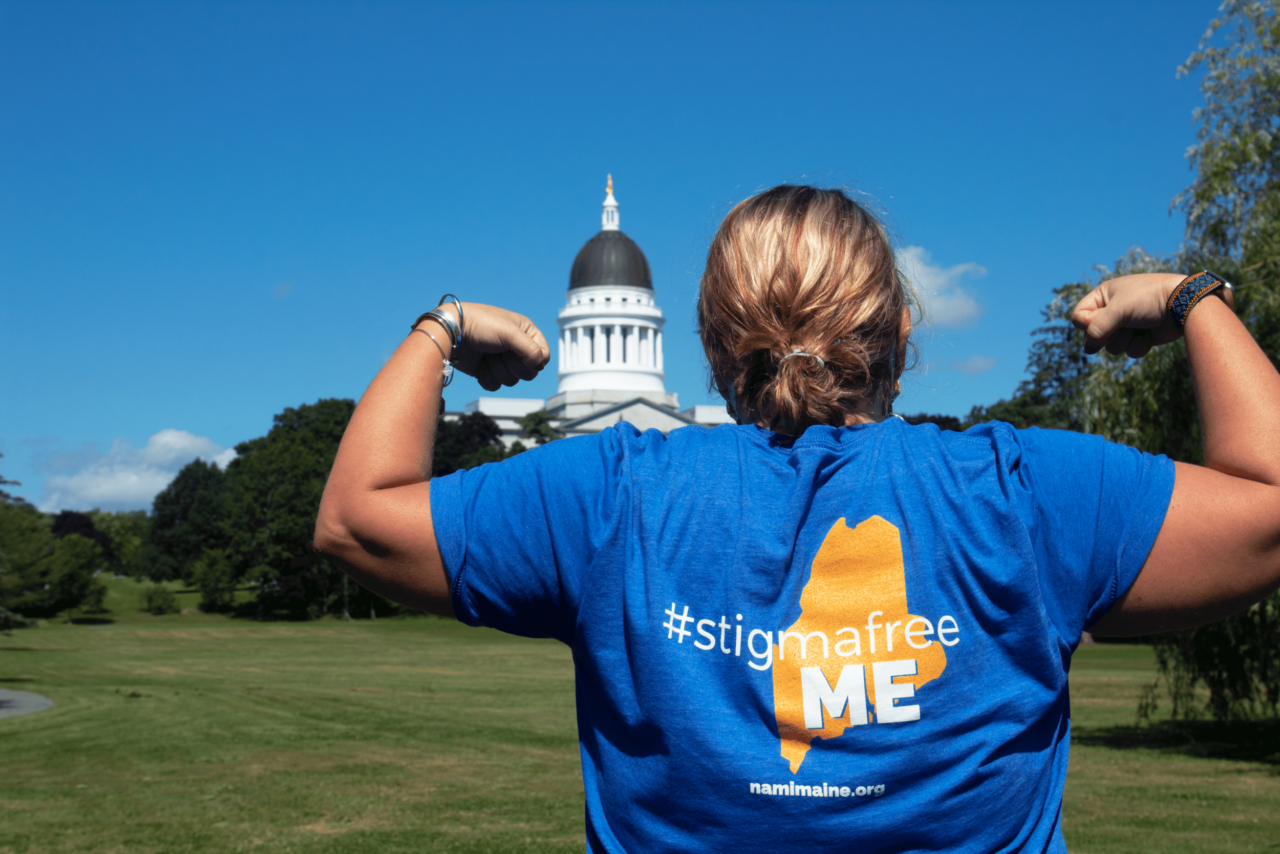Youth Education Resources


Click On the Links Below for Flyers & Info You Can Share!
Educational Programs
NAMI Maine offers a variety of programs that can help spread mental health awareness, support & hope for youth.
Mental Health Conversations:
Our Mental Health Conversations share basic information on how to recognize an emerging mental health challenge, including strategies to support someone who may be struggling, ways to maintain your own mental health, and resources to connect with for support. This presentation also provides an overview of NAMI Maine’s programming and ways to bring mental health training to your community. This program can be tailored for various audiences (youth, youth-serving adults, community members), provided virtually and in-person, and adapted for various time slots to begin the Mental Health Conversation.
Sources of Strength:
Sources of Strength is a peer-led program that promotes mental wellbeing by developing strengths and strategies to work through life stressors. This evidence-based, upstream suicide prevention program empowers young people to become leaders in their communities, connect with adult allies, and change the culture around mental health. Youth leaders then engage their peers through projects that incorporate art, storytelling, and outreach and focus on building key resiliency skills. Sources is a 2-day training for adult advisors and peer leaders who then meet monthly to continue to build their community of strength.
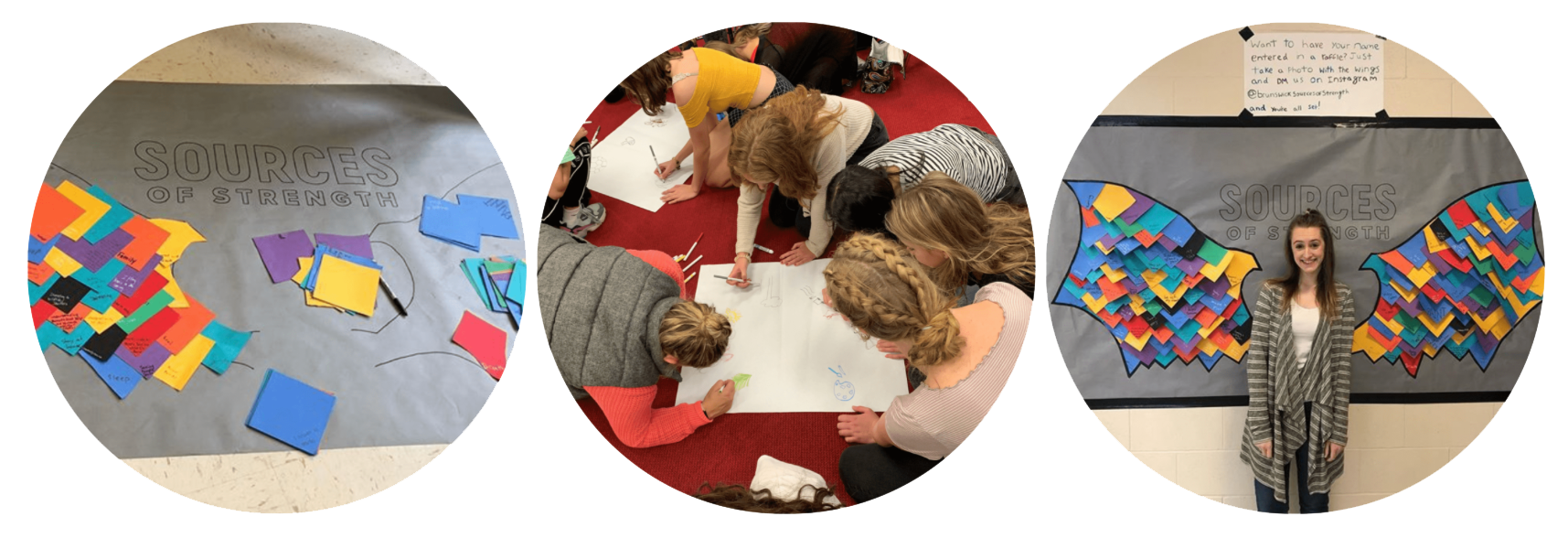
Youth Mental Health First Aid:
Youth Mental Health First Aid is a national best-practice, evidence-based certification course designed to help adults identify, understand, and respond to crisis and non-crisis mental health situations involving youth and teens (age 12-18). The training provides information on common mental health challenges in youth, skills for holding supportive conversations and connecting youth to appropriate professional care, and local and national resources for additional support. We encourage all youth-serving adults — school staff, agency staff, parents/caregivers, volunteers, and community members — to participate and become a well-equipped resource for the young people in your personal and professional lives. Youth Mental Health First Aid is an 8-hour course that can be offered virtually and in-person.
Teen Mental Health First Aid:
Teen Mental Health First Aid teaches high school students how to identify, understand and respond to signs of mental health or substance use challenges among their friends and peers. The training helps students develop the skills to have supportive conversations with their friends and then connect with a trusted adult. The training covers common signs and symptoms of mental health and substance use challenges, impacts of bullying, creating an action plan, and how to seek help from a trusted adult. tMHFA is designed to be delivered to 10th, 11th, and 12th grade students in schools or community centers.

Here To Help
NAMI Maine’s Teen Text Line: (207) 515-8398
National Suicide Prevention and Crisis Lifeline: 988
Maine’s Statewide Crisis Line: (888) 568-1112
Trevor Project LGBTQ Crisis Line: (866) 488-7386
or text “START” to 678-678
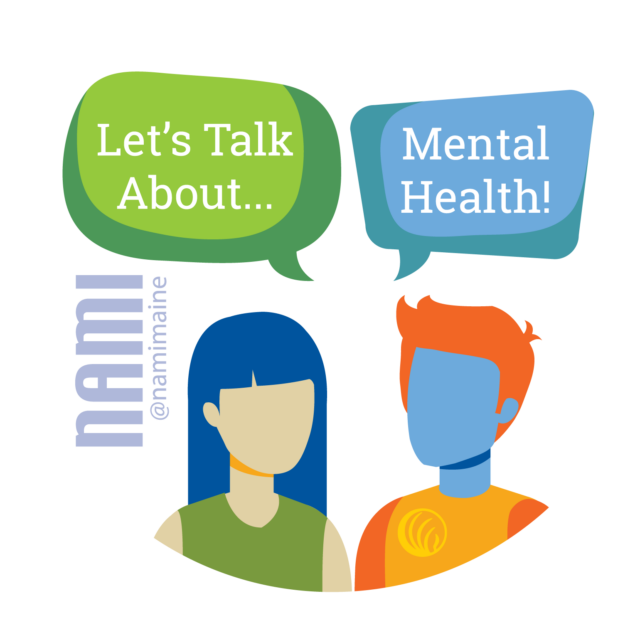


Hope & Coping
Coping with tragic events can be extremely difficult, but together (with first responders, school personnel, family, and school personnel) our community will support each other in regaining our sense of safety.
Please make sure you are:
-
- Checking in with your loved ones and discussing how you are feeling
- Take breaks from the news to give yourself time to process
- Work on a wellness plan to lean on including, but not limited to:
- Rest
- Breathing exercises
- Healthy actives
- Talk to people you trust
There are resources available to help process this tragedy!
Links & Articles
1) Helpful Tips Provided by American Psychological Association
Talk about it: connect with someone you trust on how you are feeling. Receiving support and reassurance can help with the overwhelming emotions that are coming up.
Strive for balance: this extremely hard event can make things feel hopeless. Try to find a balance between talking about this and finding ways to think of what is meaningful and comforting to you.
Turn off and take a break: over exposure to this event can cause a lot of stress, please take breaks from all of the difficult information to process.
Honor your feelings: it is normal to feel a range of emotions after a traumatic event you may start to psychically feel your stress by being exhausted and sore.
Take care of yourself: eat, get rest, drink water, breathing exercises.
Help others to do something productive: sometimes focusing on tasks and helping others can help us feel better as well.
If you have recently lost friends or family in this or other tragedies: grief is a process for some it will be staying home for others it will be getting back into a routine, there will be many ups and downs. Give yourself time and grace to process and heal.
2) Coping With Grief After Community Violence
More Tips for Survivors
NAMI Maine Guides:
Family Guide to the Criminal Justice System:
Whether you are navigating the criminal justice system personally or supporting a loved one, it can feel daunting and difficult to understand. This guide is designed to help people understand the criminal justice system and how to better advocate for themselves or their loved one.
Guide for Veterans & Their Loved Ones:
This booklet provides information to help veterans, their families, and friends understand signs that someone may be struggling, normal responses to abnormal situations, and resources available to support them.
NAMI Maine Hospital Guide:
Whether you’re here with a loved one for the first time or this is a return trip to the hospital, NAMI Maine knows what a struggle it can be. Navigating the system can seem overwhelming, but NAMI Maine is here to help.





